Want to live until you're 100? Your odds are better than you might think. In fact, more and more people around the globe are becoming centenarians: According to the Pew Research Center, the number of people age 100 and up is expected to grow eightfold by 2050. But blowing out 100 candles on your birthday isn’t just a matter of winning the genetic lottery.
“About two-thirds of your longevity is within your control,” says geriatrician Dr Susan Friedman. It's all about making healthy lifestyle changes, which “not only make a difference in terms of longevity but also in terms of functional status,” says Friedman. In other words, you'll be able to get around (and feel better!) as you age.While there’s no instruction manual that'll guarantee you live to see triple digits, there are healthy habits you can adopt now that may increase your chances. Keep reading to learn the doctor-approved practices centenarians swear by so you can steal them for yourself!
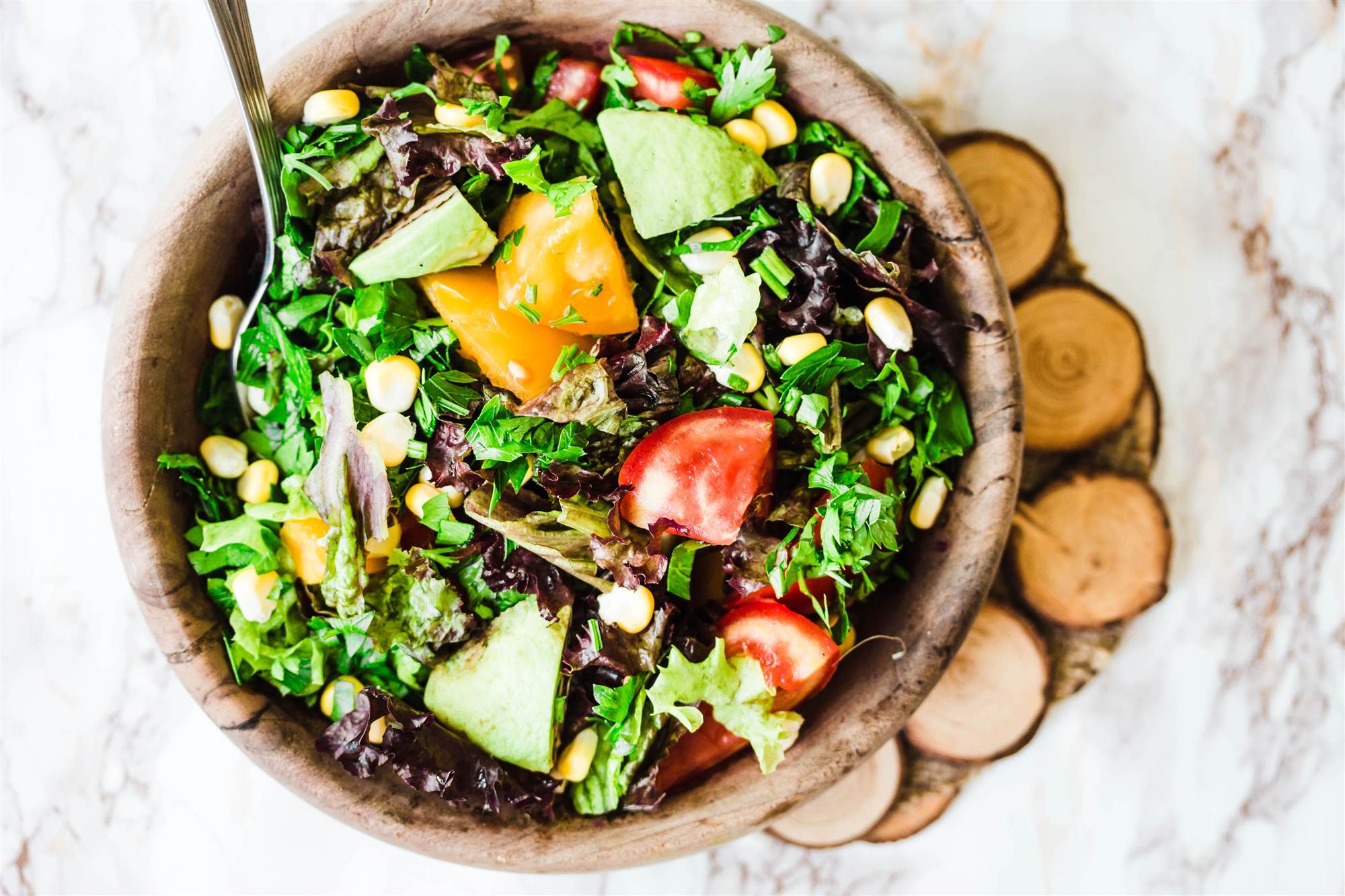


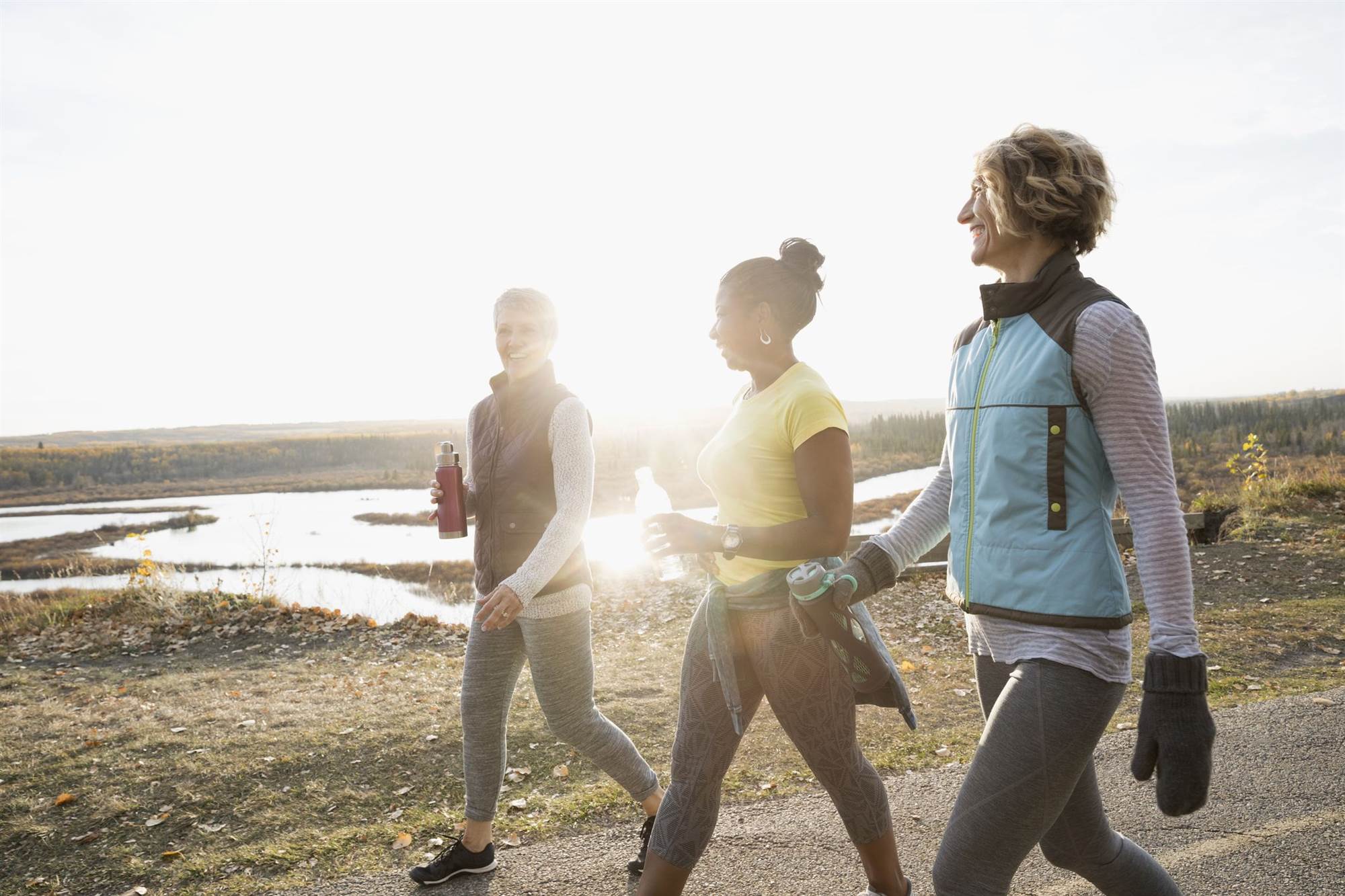
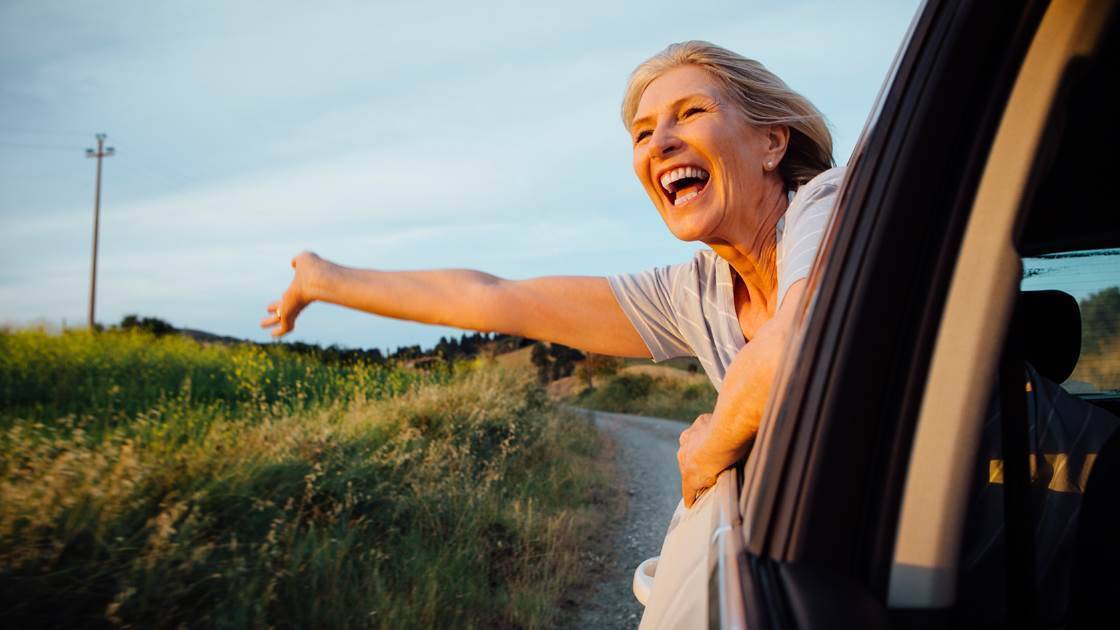


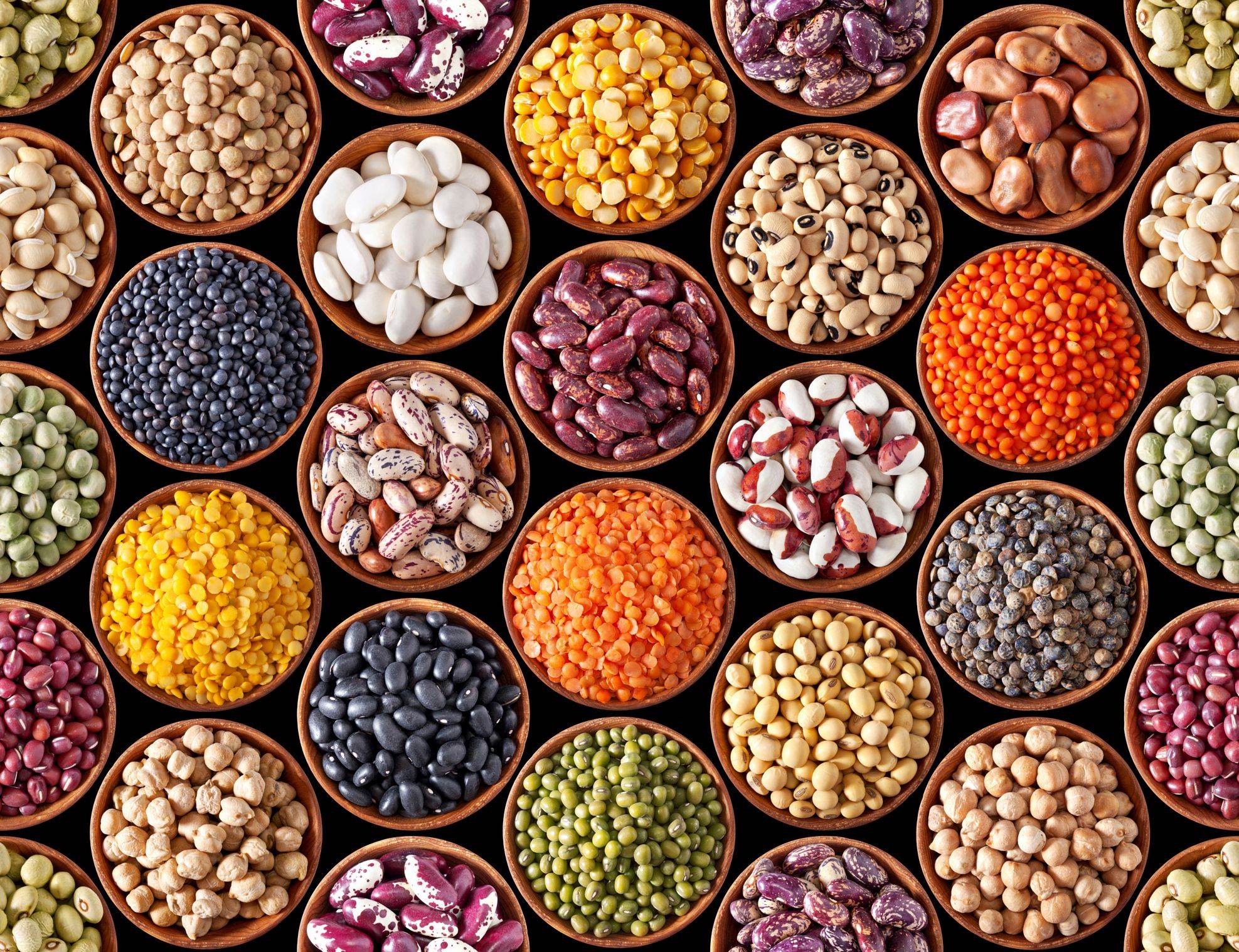

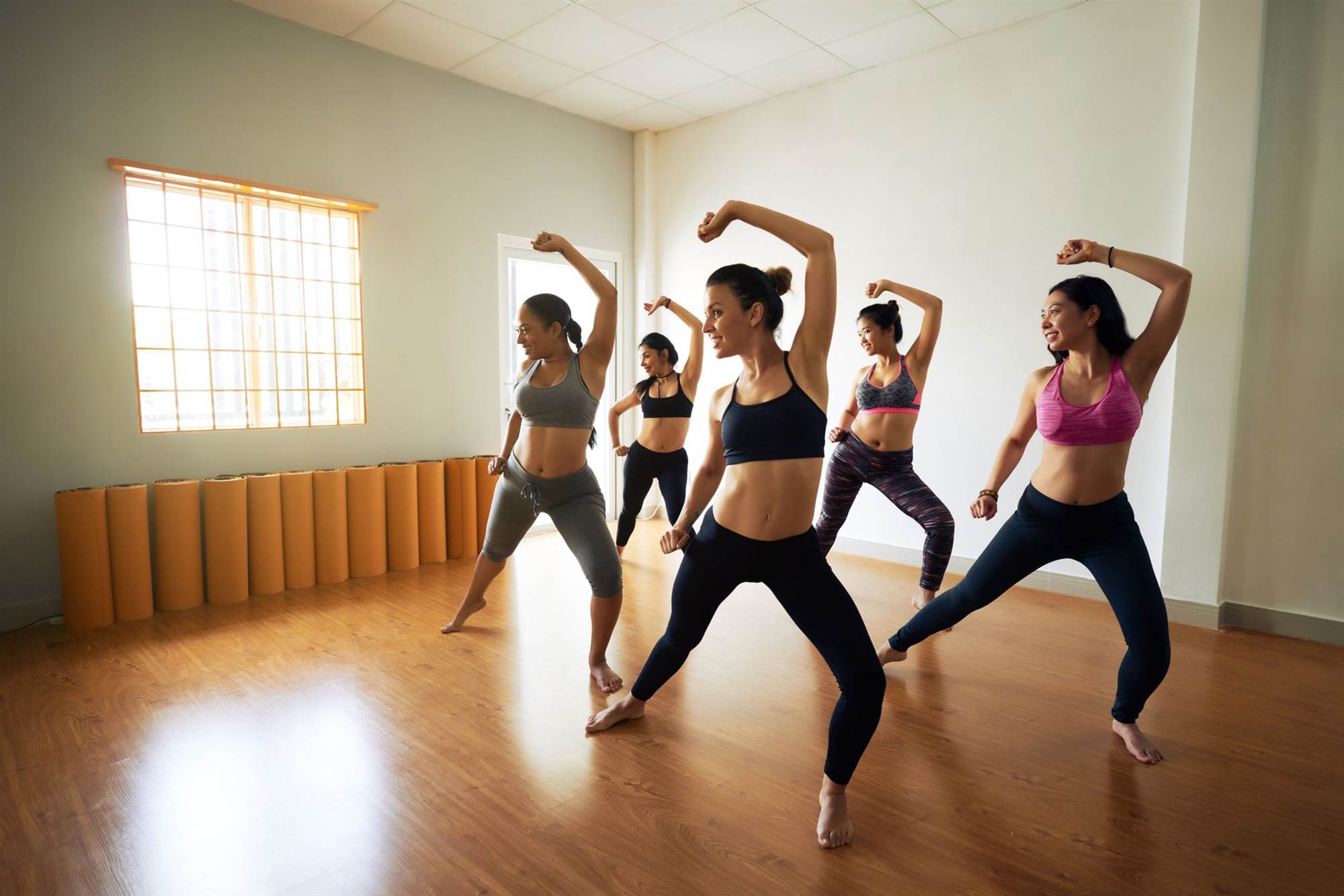
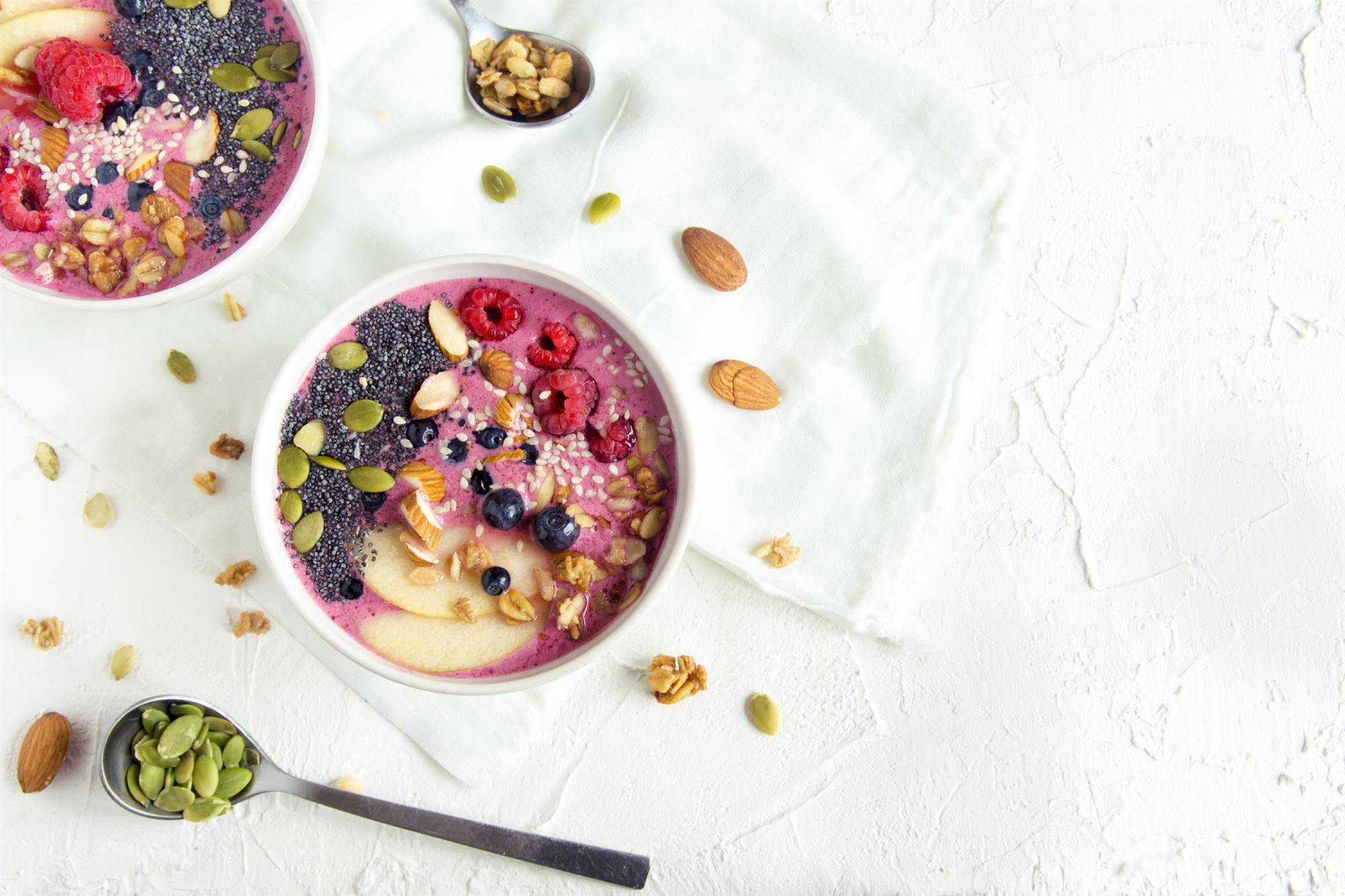

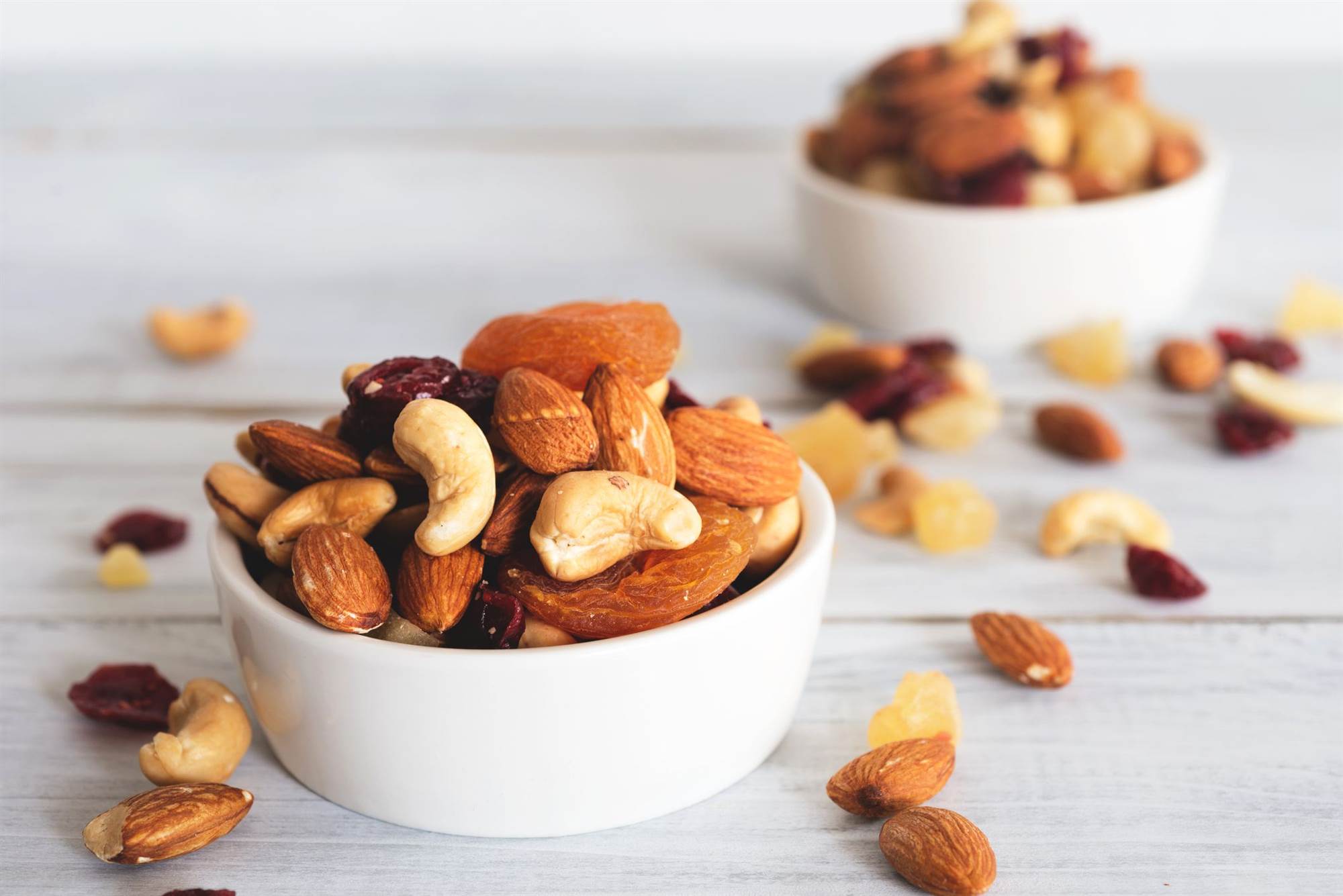

Talaj ©Getty Images
Eat more vegetables
Lessie Brown, who lived to be 114 years old, noshed on a sweet potato a day-a habit her family attributes to her longevity. And 101-year-old Christina Kislak Wahala credits a diet full of fresh veggies and berries for her long life. Dr Friedman isn't surprised by their success. People who live in “Blue Zones” - communities where people live the longest and are the healthiest - get at least 80 percent of their diet from plants, she notes. A plant-based diet is naturally low in cholesterol and delivers a hearty dose of fibre, antioxidants, and other nutrients that keep your immune system humming and body healthy.
Talaj ©Getty Images
Be social
Studies have shown that people with large, diverse social networks have a lower mortality risk compared to those with small and less diverse social networks. Dr Friedman notes that humans are social creatures: “We really need to interact with other people," she says. "When we don’t, that can be a problem."
In addition to providing emotional support, “family and friends can see if you’re getting sick and if you should go to the doctor," says Friedman. "Plus, you tend to be more physically active if you’re in close contact with friends and relatives, too."
Talaj ©Getty Images
Have a sense of purpose
For Okinawans, it’s called “Ikigai.” For Costa Ricans, it’s called “Plan de Vida.” For a community of elderly adults living in rural Italy, working in their homes and on their lands is what gave them a sense of purpose and helped them live longer, according to researchers.
“One thing that’s a common thread [among older adults] is an understanding of the cycle of life and having a certain level of awareness of what their life means. And they value that,” says Dr Gure. Having a sense of purpose doesn’t just give you a reason to get out the door in the morning-it may make you more resilient, too. “When you lose a partner, or child, there’s a certain level of fortitude of strength to move on. Instead of isolating themselves, they connect with friends, family, and loved ones,” she says.
Talaj ©Getty Images
Get outside
It can be tempting to become a homebody as you age but staying socially and physically active can improve your longevity, according to a 2017 study. Researchers looked at how often folks between the ages of 70 and 90 left the house and how long they lived and found that those who got outside daily lived longer than those who didn't. Getting out of the house regularly may provide older adults with more opportunities to engage in social, cultural, and physical activity, which in turn boosts their health and longevity. Want to take your workout outside? Check out these power walking tips.
Talaj ©Getty Images
Stay positive
A 2012 study that examined the personality traits of Ashkenazi Jewish people between 95 and 107 years old found that most of them tended to have a positive attitude and a sense of humour, suggesting those traits could play a role in living a longer life. The same is true of elderly residents of rural Italy between the ages of 90 and 101.
Researchers found that the oldest villagers exhibited a unique combination of resilience, grit, and optimism that allowed them to handle life’s ups and downs.
Talaj ©Getty Images
Stretch it out
At 100 years old, Tao Porchon-Lynch is the world’s oldest yoga instructor. She’s taught yoga around the world for more than 45 years and has practiced for over 70 years. The secret to her longevity may be all that stretching. “Most older adults I treat have a physical activity routine they follow religiously, and stretching is often a key part of it,” says geriatrician Dr Tanya Gure. “Stretching contributes to their ability to have good mobility and reduces their risk of falling.”
Talaj ©Getty Images
Don't smoke
One of the simplest ways to improve your chances of living longer? Don’t smoke. “You don’t meet too many 90 and 100 year olds who smoke,” says Dr Gure. In fact, smokers, on average, die 10 years earlier compared to non-smokers and experience more health problems and disability too.
Talaj ©Getty Images
Eat beans
If there’s one staple to include in your diet, it's beans, which are high in fibre, protein, and complex carbohydrates. “Beans are magical foods,” says Dr Friedman. In fact, they may be the secret to longevity. According to Dr Friedman, each of the original "Blue Zones" include beans, such as fava beans, lentils, black beans, and soybeans, as an important part of their diet.
Talaj ©Getty Images
Be proactive
Dr Gure says that the common thread she notices among her oldest patients is that they're proactive about maintaining their health.
“They regularly see their healthcare providers for routine evaluations, vaccinations, and management of chronic conditions,” she says, which means they can detect health problems early. But it’s not just that older adults are making (and keeping) their appointments. They also have good relationships with their doctors. “We discuss how to be more thoughtful about creating individualised care plans to meet patient’s goals while maintaining a better quality of life,” she says.
Talaj ©Getty Images
Keep moving
When 111-year-old Downing Kay was a kid, she’d dance around the house with her siblings. Now, as a supercentenarian, she still takes a weekly Zumba class.
“People who do the best are lifelong exercisers,” says Dr Friedman. “A lot of our problems arise because we sit around a lot and that puts us at risk for chronic disease.” Exercise helps counteract risk factors for health problems like cardiovascular disease and has been shown to boost mood, too.
A 2017 study of more than 130,000 people in Lancet found that getting the recommended 30 minutes of physical activity a day, or 150 minutes a week, reduced the risk of death by 28 percent. But you don’t have to spend time in a gym to reap the benefits. Incorporating movement, like walking, gardening, and hiking, into your daily life can make all the difference.
Talaj ©Getty Images
Avoid skipping breakfast
Upon turning 110, Erna Zahn told reporters that she eats breakfast every day. Not only does your morning meal provide energy to get the day started, it may help you maintain a healthy weight. Researchers have found that skipping breakfast may be linked to a higher BMI and waist circumference, which are risk factors for metabolic syndrome, heart disease, diabetes, and other conditions that may shorten your lifespan.
Talaj ©Getty Images
Give back
According to Dr Friedman, volunteering can help older adults thrive. “They have a lifetime of skills, knowledge, and wisdom to offer,” and finding a way to make use of their skills can be really helpful-for everyone, she says.
Volunteering nourishes social connections, particularly ties between old and young generations. “Intergenerational relationships are critically important for maintaining vitality,” says Dr Gure. Programs like EdConnect engage older adults as volunteers in schools. “They create a wonderful opportunity for interaction,” which helps set the stage for healthy ageing by keeping older adults mentally engaged and socially connected, she says.
Talaj ©Getty Images
Nosh on nuts
A 2001 study in the Journal of the American Medical Association found that incorporating nuts into your regular diet may boost your life expectancy by 1.5 to 2.5 years. Research also shows that a Mediterranean diet supplemented with nuts reduced the risk of cardiovascular disease by 28 percent. Nuts contain heart-healthy unsaturated fats, which help boost "good" cholesterol while lowering "bad" cholesterol levels.
Talaj ©Getty Images
Don't stress
Stress, worry, and tension don't just bring on frown lines and wrinkles - they can adversely affect your health too. “High levels of stress weaken the immune system and open up the opportunity for disease to spread in the body,” says geriatrician Dr Christopher Salem.
Stress can also spark inflammation, which contributes to chronic diseases like heart disease, diabetes, and hypertension. “Most people who live to 100 have learned to go with the flow,” stamping out life’s stressors where and when they can, he says. While there’s no magic recipe for busting stress, doctors and researchers recommend finding a way to rest, relax, and recharge on a regular basis.










